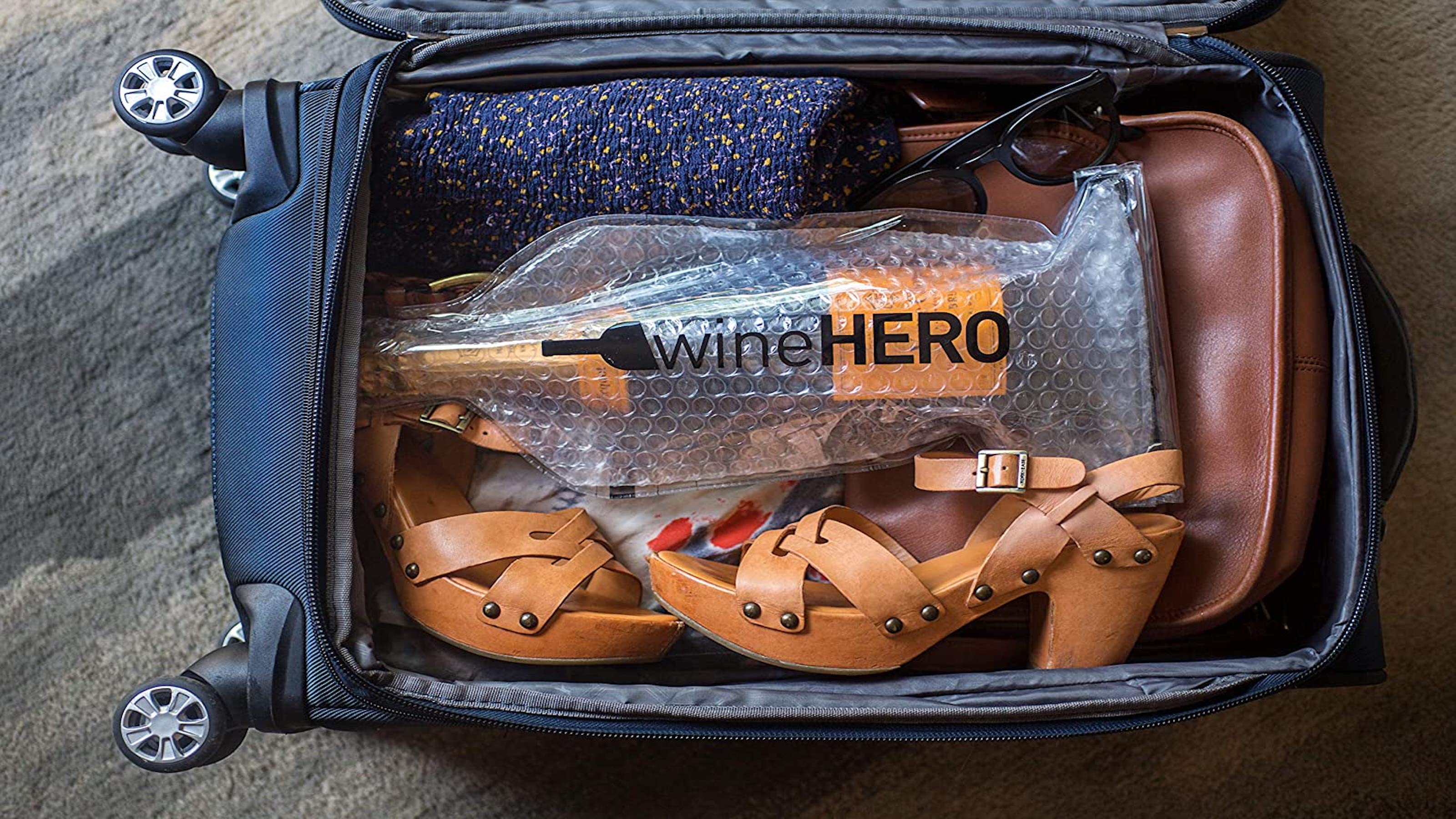Up Against It, a science fiction novel by environmental engineer Laura J. Mixon, explores life aboard the asteroid 25 Phocaea. The book takes a more realistic approach to space adventure, eschewing familiar tropes such as FTL drives and instantaneous communication.
“When I’m reading science fiction, one of the things I can really get into is stuff that’s got a lot of scientific grounding,” Mixon says in Episode 517 of the Geek’s Guide to the Galaxy podcast. “When I write, I try to really delve into that challenge of ‘How can I make this believable but still really blow the reader’s mind?’”
Up Against It paints a vivid picture of a space colony full of asteroid miners, gene hackers, and Martian mobsters. One interesting detail is “the Circuit,” a rite of passage in which characters make a 13-year voyage around the asteroid belt. “Particularly because people live longer [in the future], they feel like they can afford to do that,” Mixon says. “It’s sort of like the people who climb Everest, only I think there’s a little bit more of a sense that you’re not really a ‘stroider unless you can say that you’ve done this.”
One of the book’s main characters is Jane Navio, commissioner of resource management on 25 Phocaea. For inspiration, Mixon drew on her own experience as a corporate officer at a scandal-plagued investment bank. “I think Jane’s regrets about her past, and having to deal with all the political machinations and how to get things achieved when people might have very different agendas than yours, that very much influenced Up Against It,” she says.
She hopes the book will help encourage human settlements elsewhere in the solar system. “I do think that storytellers are a really important part of bringing about the futures that we want to see,” she says. “You have to be able to imagine it before you can do it, so I wanted to write stories about that.”
Listen to the complete interview with Laura J. Mixon in Episode 517 of Geek’s Guide to the Galaxy (above). And check out some highlights from the discussion below.
Laura J. Mixon on her first novel Astropilots:
Melinda Snodgrass was friends with Ellen Datlow, who was the acquiring editor for this new YA series they were launching. They were looking for proposals, and all of a sudden I just had this flash of what I knew I wanted to write. I sat down and I wrote the first three chapters and an outline in just a very short period of time—while I was still sick with the flu, during the Thanksgiving weekend—and then sent it out. And then, in a week and a half or two weeks, Ellen contacted me and told me she wanted to buy it. I was flabbergasted. I never thought it would be that easy.
Laura J. Mixon on her novel Proxies:
I was learning how to write that as I went. It’s a multi-viewpoint story. The first character you meet has amnesia, and it turns out that person is actually one of three personalities that occupy the same body. That person is a young man who has been trained to basically split his consciousness—essentially he has [dissociative identity disorder]—but it was induced so that he could control different proxy bodies at the same time. One of them is a woman, and she is one of the main characters of the book. That’s a challenging thing to write—and probably to read—but I do have a lot of fondness for that book.
Laura J. Mixon on asteroids:
The first scene I wrote [in Up Against It] was actually from Jane’s perspective, when she’s swinging out on the vines. They have these tethers, which is one way that they can travel among different asteroids. There are three that are strung along in the same orbit, and they use ion correctional jets to keep them aligned, but the rest of it, there’s what I call “treeways,” which are these rigid cables that span out from the cables among those three asteroids—because asteroids are really far apart. Whenever you see in the movies where they have all these asteroids clustered together, that’s not the way it really looks.
Laura J. Mixon on research:
One of my clients was a mining company, BHP Billiton, and David Porterfield was my main contact. So a lot of the mining details, he was very happy for me to interview him and get information about the kinds of challenges that miners face and speculate about, “What would it be like in a microgravity environment?” I told him that I wanted Geoff and his friends to have something plausible but funky and weird to fight off the baddies when they get cornered in Geoff’s little claim, and he told me about potato guns. He said, “I actually have one and we can go out and fire it.” It was loads of fun.


























































